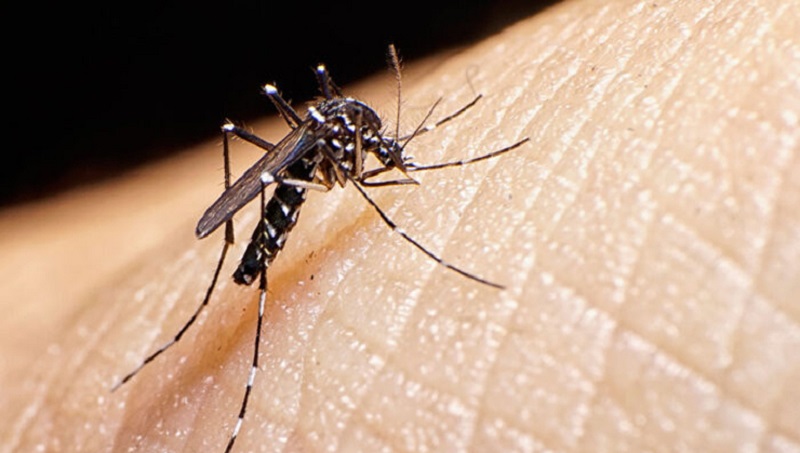Indianapolis, Indiana – Since its peak mosquito and tick season, health authorities advise Hoosiers to take precautions.
According to Purdue University’s Catherine Hill, head of the Department of entomology, mosquitoes prefer to stay close to where they develop and spawn in stagnant water. They tend to congregate near water-holding containers, such as bottle caps.
According to Hill, the beginning of fall is when people are most at danger of being bitten. She claims that this is the time to be vigilant because the West Nile Virus has already been found in various locations throughout the state.
According to the Indiana Department of Health, West Nile Virus infections often cause no symptoms. However, some persons experience significant brain, spinal cord, and other nervous system inflammation in addition to fever. The most at risk of developing severe illnesses are people over the age of 60 and those with weakened immune systems.
Four other well-known illnesses that mosquitoes transfer, in addition to West Nile, are Eastern Equine Encephalitis, La Crosse Virus, St. Louis Encephalitis, and California serogroup viruses, according to the state health department.
To get rid of possible breeding grounds, Hill urges people to remove standing water sources from their yards, such as dog bowls and bird baths. She claims that scientists have noticed a change in when ticks and mosquitoes come.
“We are seeing a number of introduced or invasive species threats. Several examples of mosquitoes have been introduced to the United States. And there are certainly some examples of ticks that have recently been introduced,” Hill said.
Ticks, according to Hill, can move from forested regions into yards. Ticks are less likely to move near homes if the lawn is regularly mowed.




















































































